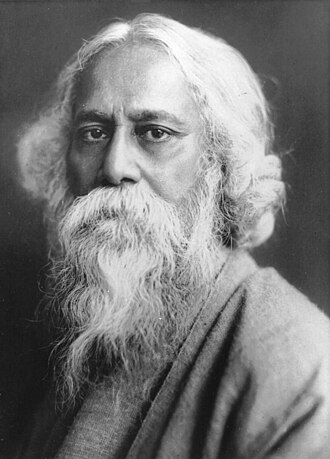
Press Release For Immediate Name Change to Explore with Omar from Nogor24.com
Press Release For Immediate Name Change to Explore with Omar from Nogor24.com Nogor24.com Announces Name Change to Explore with Omar Riyadh, Saudi Arabia – 23-01-2025

WELCOME TO SOFTDOZE.COM
Softdoze.com is a technology-focused website offering a wide range of content on software solutions, tech tutorials, and digital tools. It provides practical guides, reviews, and insights to help users optimize their use of software, improve productivity, and stay updated on the latest technological trends. The platform caters to both beginners and advanced users, delivering useful information across various tech domains.

Press Release For Immediate Name Change to Explore with Omar from Nogor24.com Nogor24.com Announces Name Change to Explore with Omar Riyadh, Saudi Arabia – 23-01-2025

InfoEdu Overview || WordPress Theme for Educational Institutions InfoEdu is a WordPress theme designed for educational institutions, enabling easy website creation for schools, colleges, and

Cost of Living in Saudi Arabia in Details Hi guys, and welcome back to another video! If you’re new here, my name is Ebony, and

BEST UMPIRING DECISION OF THE YEAR: GREAT JOB, SAIKAT In a historic and controversial moment in cricket, a Bangladeshi umpire made a decision that shocked
Submit a Comment